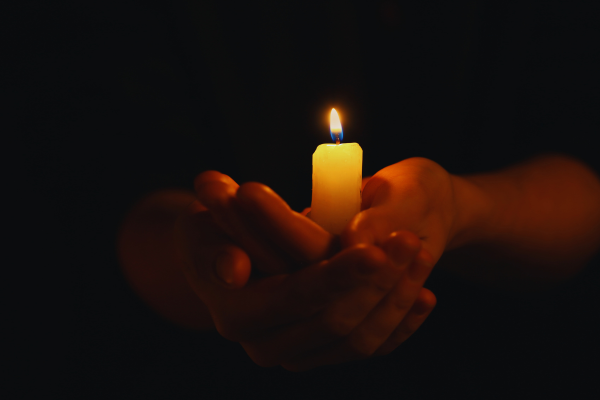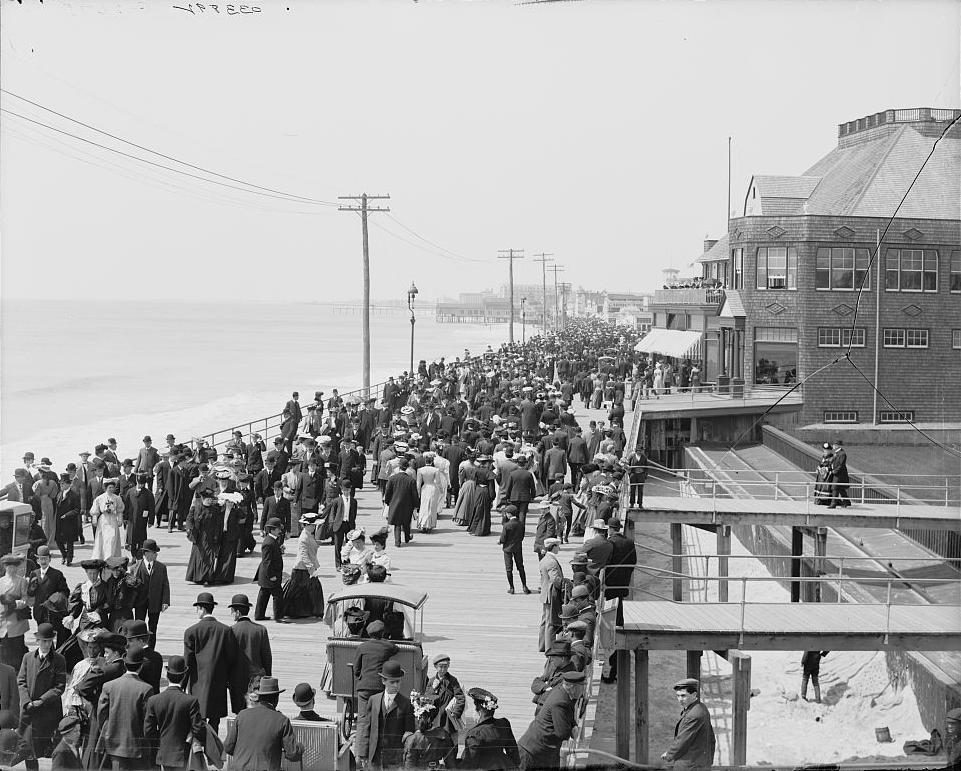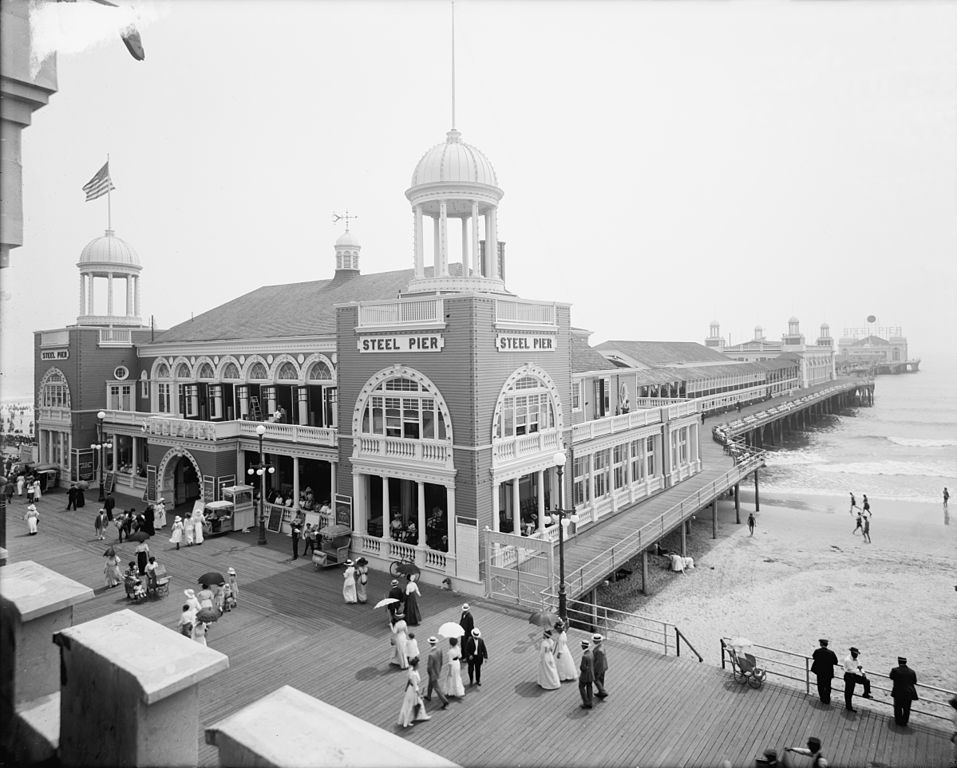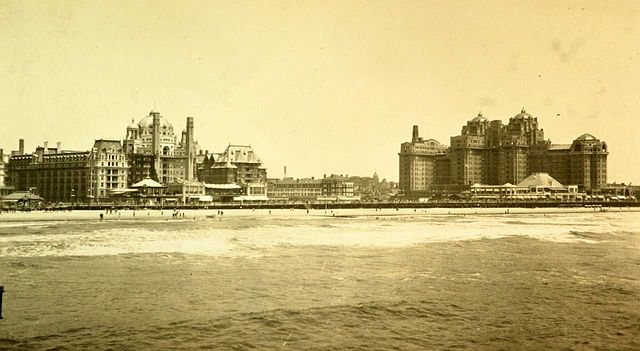Funeral Service And Benefits That Honor Veterans
When a veteran passes away, it's not just a personal loss; it is a moment for the entire nation to reflect on a life dedicated to service and sacrifice. Veterans have given their time, courage, and often their health to protect the freedoms we all enjoy. Honoring them properly at the end of their lives is both a tribute to their bravery and a source of comfort to their loved ones.
Thankfully, the U.S. Department of Veterans Affairs (VA) and other organizations offer a variety of funeral services and benefits designed specifically to honor veterans. Understanding these benefits ensures that veterans and their families receive the dignified farewell they have earned.
1. Burial in a National Cemetery
One of the most significant honors available to eligible veterans is burial in a VA national cemetery.
This benefit includes:
- A gravesite in any of the 155 national cemeteries (subject to space availability)
- Opening and closing of the grave
- Perpetual care of the gravesite
- A government-furnished headstone or marker
- A burial flag
- A Presidential Memorial Certificate (PMC)
Importantly, these burial benefits are provided at no cost to the family. Spouses and dependent children of eligible veterans may also be buried alongside them.
Popular national cemeteries include Arlington National Cemetery, but many local options exist, offering beautiful, solemn grounds where veterans are laid to rest among their fellow servicemen and servicewomen.
2. Grave Markers and Headstones
The VA provides headstones, markers, and medallions to commemorate a veteran's service, whether they are buried in a national, state, tribal, or private cemetery.
Families can choose from a variety of materials, including granite, marble, or bronze, and designs appropriate to the site. In private cemeteries, while the VA provides the marker free of charge, families may have to pay for the setting of the stone.
For veterans already interred without a marker, the VA can still furnish a memorial marker to honor their service.
3. Burial Flags
Every veteran eligible for burial benefits is entitled to receive a United States burial flag, a profound symbol of respect and gratitude. The flag is typically draped over the veteran’s casket or placed alongside their urn during services.
After the service, the burial flag is presented to the next of kin, often folded into a traditional triangle. Many families choose to display this cherished keepsake in a flag case at home as a lasting tribute.
4. Presidential Memorial Certificates
The Presidential Memorial Certificate (PMC) is an engraved paper certificate signed by the current president, expressing the nation’s recognition and gratitude for the veteran’s service.
Families may request multiple copies through the VA at no cost, making it a meaningful keepsake for children, grandchildren, or others who want to honor the veteran’s memory.
5. Military Funeral Honors
Eligible veterans are entitled to Military Funeral Honors, an important ceremonial tribute that recognizes their service and sacrifice.
The standard honors ceremony includes:
- The playing of Taps, either by a bugler or a recording
- The folding and presentation of the American flag to the next of kin
Upon request, the honors are provided by a detail of at least two uniformed military personnel, with at least one member from the veteran's branch of service.
For those desiring a more extensive ceremony, arrangements can sometimes be made for additional honors such as a rifle salute or color guard participation, depending on available resources.
6. Financial Burial Benefits
The VA offers burial allowances to help cover funeral and burial costs for eligible veterans.
These tax-free benefits are typically divided into:
- Service-connected death benefits, which are higher and cover burial, transportation, and plot expenses.
- Non-service-connected death benefits, which offer a smaller amount to assist with funeral costs.
To be eligible, the veteran must have met specific service requirements and the family must submit an application along with supporting documentation (such as discharge papers and death certificate).
Families should know that while the burial benefit can help significantly, it may not cover all funeral costs, so careful planning is still important.
7. State and Local Veteran Benefits
Many states offer additional burial benefits for veterans, including burial
in
state veterans cemeteries, financial assistance, and honors ceremonies. These benefits often mirror those provided by the federal government but can vary significantly by location.
Families should check with their state’s department of veterans affairs or local VA office to discover what supplementary benefits may be available.
8. Planning Ahead: Pre-Need Eligibility
To make a veteran’s final arrangements smoother for grieving families, the VA now offers Pre-Need Burial Eligibility Determination.
Veterans and their families can apply for eligibility in advance, ensuring peace of mind that when the time comes, the veteran will receive all entitled benefits without delay.
This proactive step minimizes paperwork and stress during an already emotional time and helps families make informed decisions about burial locations and services. Your funeral director can help you navigate this process.
9. Involving Veterans Organizations
Organizations such as the American Legion, Veterans of Foreign Wars (VFW), and Disabled American Veterans (DAV) often assist with funeral arrangements, help coordinate military honors, or provide additional ceremonial support.
These groups understand the special significance of a veteran’s final farewell and offer compassionate assistance to ensure the service reflects the honor and respect deserved.
A veteran's service to their country is a profound gift — one that deserves equally profound recognition at life’s end. Through burial benefits, funeral honors, and national cemetery services, the nation says “thank you” in tangible, meaningful ways.
For families, understanding and utilizing these benefits can bring comfort, dignity, and a sense of pride. Planning ahead, working with the VA, and involving veterans organizations can help ensure that the final farewell is as honorable as the life that was lived.
In the end, honoring veterans is about more than rituals and ceremonies; it’s about acknowledging the courage, sacrifice, and enduring spirit of those who stood for something greater than themselves.
Do you have questions about planning veterans services? Be sure to visit our website or call us for more information at 609-344-9004.



